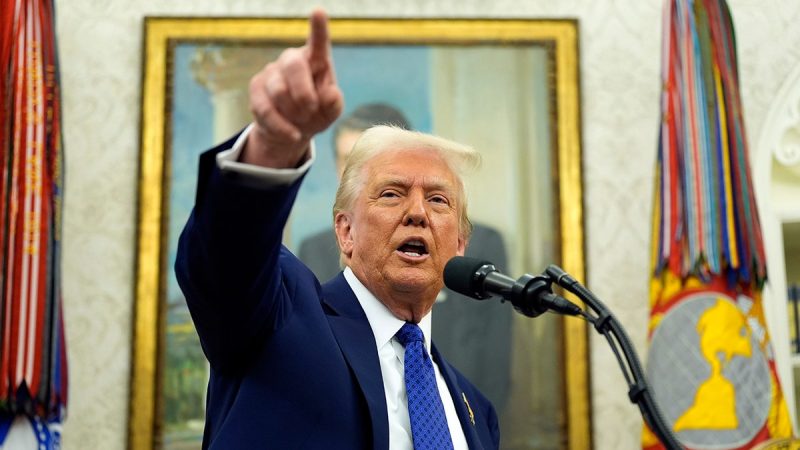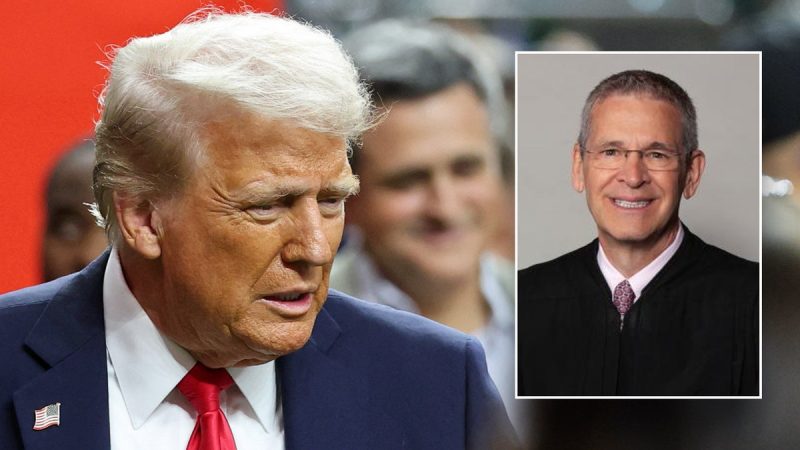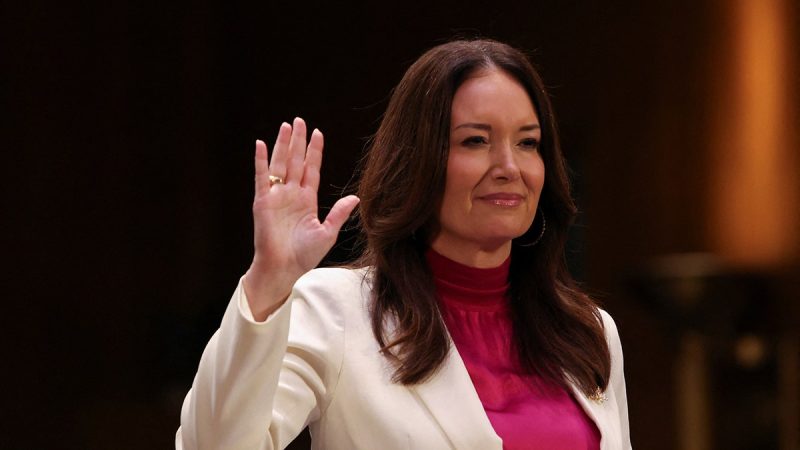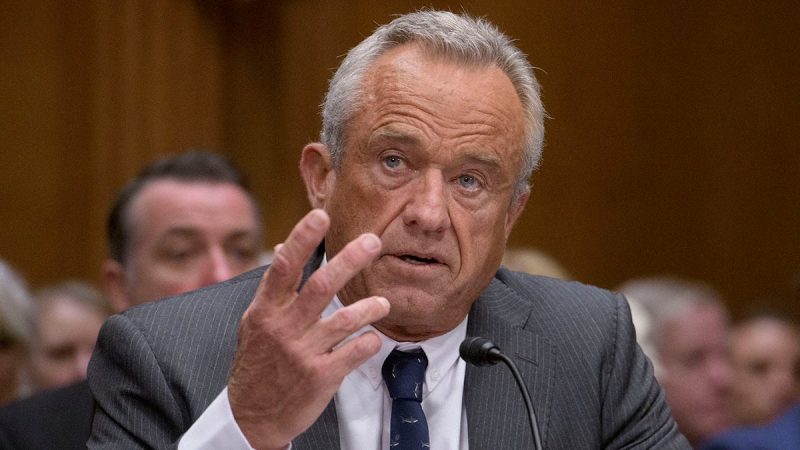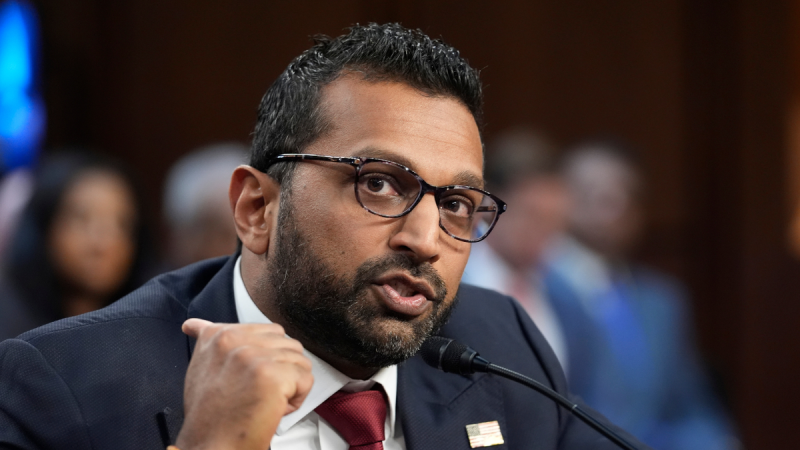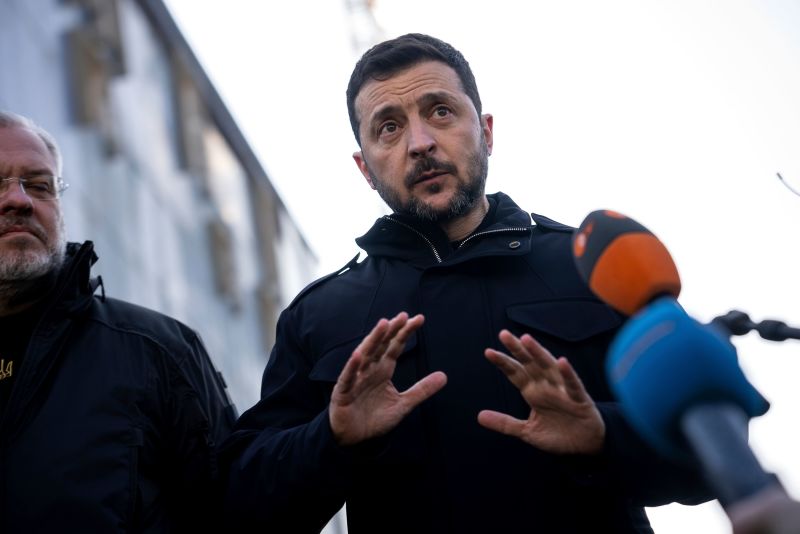
Daniella Gilboa has wasted no time in putting the joy back into her life after being released from 15 months in captivity in Gaza. She got engaged to her longtime boyfriend and sang at a party when she and other freed hostages left the hospital.
But Orly knows that what she is seeing in these first days after Daniella’s release is just the surface. “There are a lot of things under and I’m sure that we can see them when the days go by.”
It’s the same for Naama Levy and Liri Albag, released alongside Daniella on January 25, their mothers said. They appear physically healthy, and they are home. But they were imprisoned in Gaza for 477 days and free less than three weeks, so much of their recovery is yet to come.
“She’s back in her room,” Ayelet Levy Shachar said of her daughter and her girly pink bedroom complete with soft toys. “Although she does prefer to sleep with her mom at night.”
Naama, Liri and Daniella were all in their teens on October 7, 2023, when Hamas fighters stormed their outpost at Kibbutz Nahal Oz near the border with Gaza.
They were performing their mandatory military service as unarmed “spotters,” tasked with looking at activity inside Gaza and reporting back to commanders at another base.
Fifteen of their fellow spotters were killed in the surprise militant attack on communities and a music festival that left 1,200 Israelis dead and 250 kidnapped in the deadliest day for Jews since the Holocaust. The Israeli war on Hamas that followed has killed more than 45,000 Palestinians, injured twice as many and leveled much of Gaza.
Daniella, Liri and Naama were captured with four more young women: Karina Ariev, Agam Berger, Ori Megidish and Noa Marciano. Ori was rescued weeks after the attack, while Noa was killed in Gaza. Karina was also released on January 25, while Agam was freed five days later.
Video taken by Hamas on October 7 and later released by the women’s families showed the female soldiers being lined up against a wall by men with rifles. Their hands were bound behind them, and they were ordered to sit, many still in their pajamas, their faces and bodies spattered with blood.
On the day of the attack, with no word from Naama, Ayelet had first thought maybe her daughter was just unable to reach her in the chaos. But then she saw a video of Naama being dragged by her hair, her pants covered in blood, and being shoved into a vehicle.
And unknown to her, her daughter saw it too.
“She saw the video, she knew about it, and she did see myself and her father in different interviews,” Ayelet said. “She heard sometimes on the radio her brother speaking, her grandfather speaking. It wasn’t an everyday thing, but sometimes she was exposed to the media, and it did give her a lot of strength and support and helped her throughout those days.
“She waited to catch a glimpse of one of us. She told me even that she was following with the color of my hair during this time,” Ayelet added with a laugh.
Naama was wounded by shrapnel that day. Some she was later able to pick out of her skin; the rest remains in her body, Ayelet said.
Naama and Liri had only arrived at the outpost a couple of days before the attack, but Daniella had already been there nine months, her mom said.
Orly knows Daniella was hit in the leg that day, but much else is still unknown.
“October 7 is the most hard thing for her to speak about, and I don’t ask her about it,” Orly said. “She didn’t tell me yet about what happened that day. I just know that she lost a lot of her good friends … The loss of them is very hard for her, even more than the period of time of the captivity … I assume that in a few days or a few months, she’ll decide to talk about it, and she will tell me about it herself. I don’t want to make any pain for her.”
The mothers have learned a little about the conditions their girls, all now 20 years old, were kept in.
Shira Albag said Liri was held with Agam Berger, and sometimes Naama.
“Liri most of the time was in apartments with civilians,” she said. “It was difficult because they needed to do some things for the people of the house — to clean the house and to cook for them and to sit with the children and try to teach them English or play with them.”
Despite the physical closeness, there was little human kindness. “They didn’t treat them nice,” she said of the captors.
Amit Soussana, a woman freed in November 2023, has credited Liri for saving her life. She said the militants were convinced she was in the Israeli military and tied her up and beat her as they demanded a confession. At one point, other hostages were brought in to pressure her. Instead, Liri spoke to the guard and persuaded the captors that Amit was not a soldier.
“It seems like Liri, but I heard this story from Amit. Liri didn’t tell us yet the story,” Shira said. “I know it was very difficult for her. She saved Amit’s life. But when Liri will be ready, she will tell the story herself.”
Liri, Daniella and Naama were, along with Karina Ariev, the second group of hostages to be released under the first phase of the ceasefire deal. In a highly choreographed handover, they were paraded on a stage, dressed in olive-green military style outfits, and given certificates about their release and “gift bags” including souvenir keychains.
Their release was in marked contrast to the chaotic first handover of the 2025 truce and they seemed healthier than the three pale, emaciated men freed on Saturday.
Daniella watched that last release with her mother and talked about the condition of one of the men — her cousin Eli Sharabi.
“Daniella told me, ‘Mama, just know that if we were released two months ago, I looked like Eli’ because she also lost a lot of weight there,” Orly said. A change happened two or three months ago when Daniella and Karina were separated from other captives. And instead of four of them having to share one plate of food, then it was just two.
“It’s important to understand that we see Daniella, how she looks like right now, it doesn’t mean anything about what happened there and how she felt there.”
Hamas and its allies still hold a total of 73 people — some believed to be dead — taken from Israel during the October 7 attacks. Three additional hostages, held captive since 2014, are also still in Gaza.
Ayelet took time to thank US President Donald Trump for getting the ceasefire deal done and allowing the release of hostages. The terms of the deal map closely to an agreement then-President Joe Biden unveiled last May but could not complete.
Yoav Gallant, the Israeli defense minister until November, told Israel’s Channel 12 News earlier this month that Hamas had agreed to that deal in July, but Israel did not go along with it.
“Unfortunately, there are fewer hostages still alive now, more time has passed, and we are paying a heavier price,” he said.
Ayelet echoed that sentiment. “They could have been home sooner. They should have been home sooner,” she said.
The drive and passion shown by the families and much of Israel over nearly 500 days to get the hostages freed is ramping up to a new urgency as the truce — and hope for more releases — hangs by a thread.
“We need to see them all home now,” Ayelet said.
This post appeared first on cnn.com
